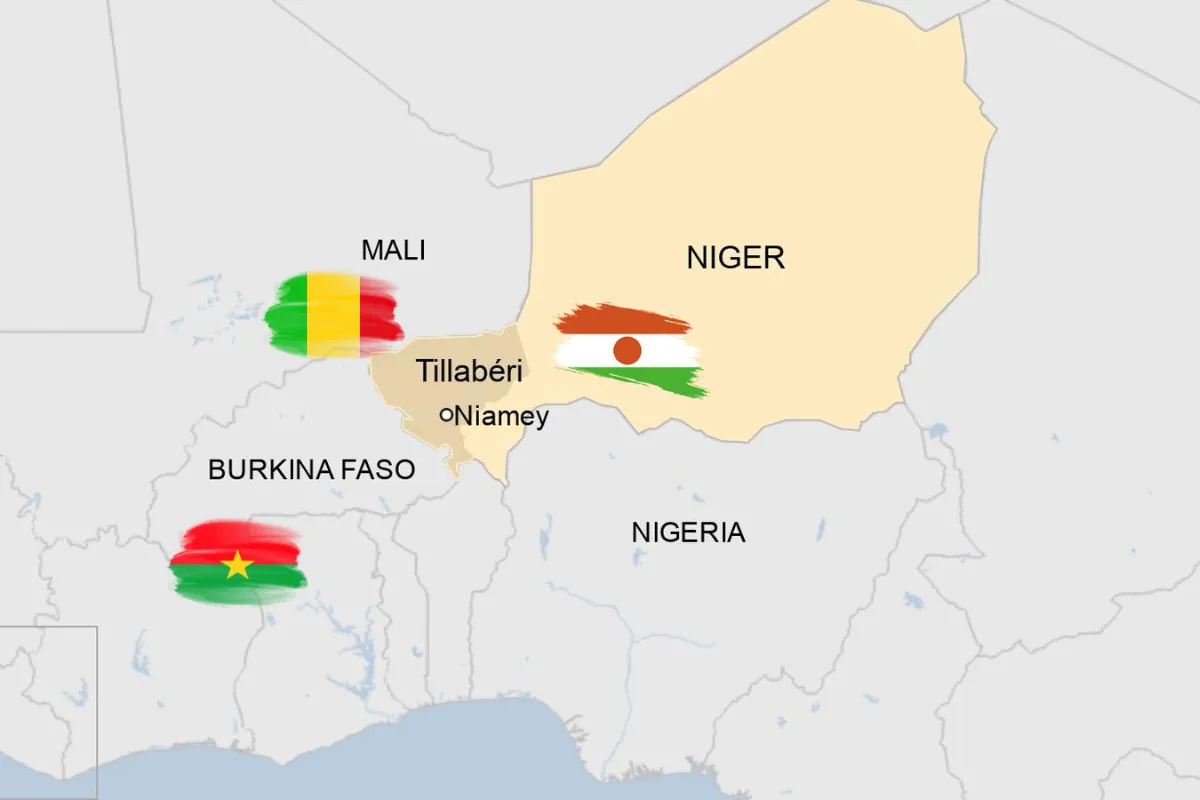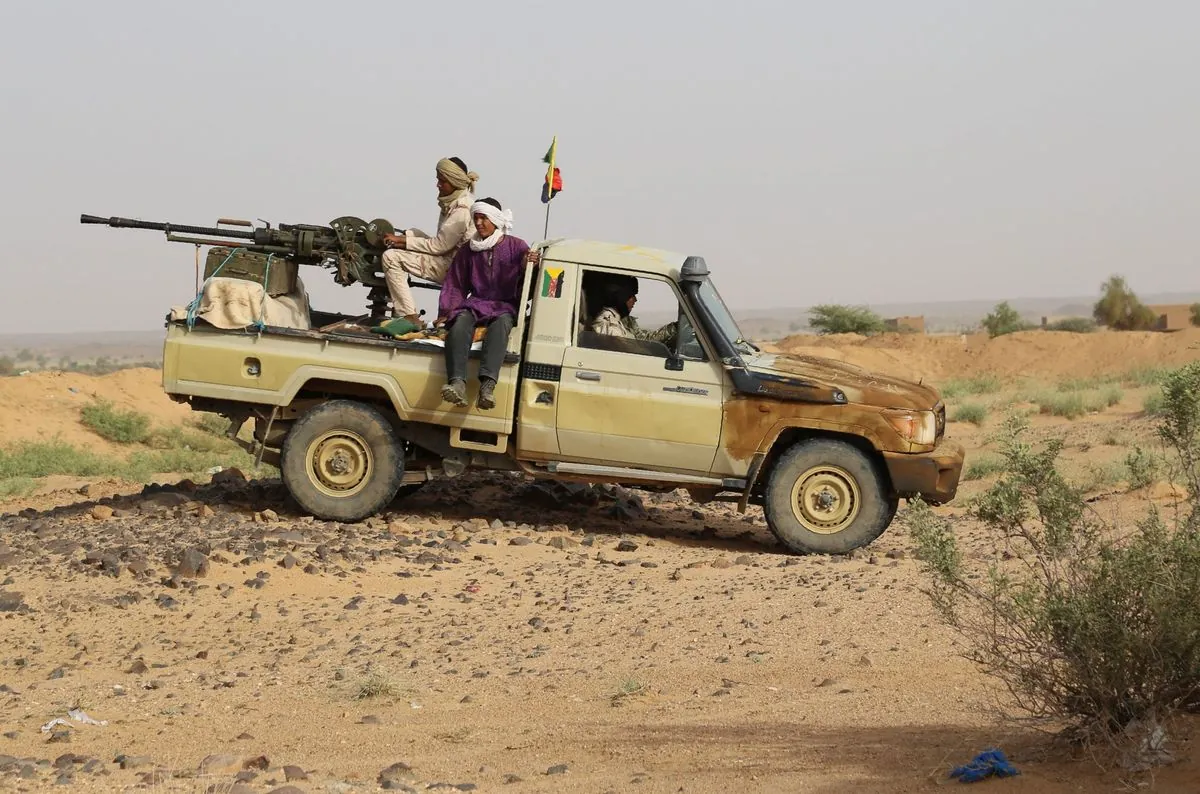Sahel Juntas Accuse Ukraine of Supporting Rebels in UN Letter
Military governments of Burkina Faso, Mali, and Niger have written to the UN Security Council, alleging Ukraine's support for rebel groups in the Sahel region. Ukraine denies these claims as groundless.

In a recent development, the military governments of Burkina Faso, Mali, and Niger have jointly addressed the United Nations Security Council, accusing Ukraine of supporting rebel groups in the Sahel region of West Africa. This action comes amidst growing tensions and shifting alliances in the area.
The three nations, which form the Alliance of Sahel States established in September 2023, have requested the UN Security Council to "take responsibility" for Ukraine's alleged actions and prevent "subversive acts" that could threaten regional stability. This alliance was formed following military coups in these countries over the past four years, marking a significant shift in their political landscapes.

The dispute escalated in late July 2024 when fierce fighting broke out in northern Mali. Tuareg rebels, an ethnic group inhabiting the Sahara desert, claimed to have killed 84 Wagner mercenaries and 47 Malian soldiers. This incident potentially marks the heaviest defeat for the Wagner Group since it began supporting Mali's junta approximately two years ago.
The situation further deteriorated when a spokesperson for Ukraine's military intelligence agency made comments about the fighting, suggesting that Malian rebels had received "necessary" information to conduct the attack. This statement led to Mali severing diplomatic ties with Ukraine in early August 2024, followed by Niger in a show of solidarity.
Mali and Niger have accused Ukraine of supporting "international terrorism," allegations that Ukraine vehemently denies as groundless and untrue. A Tuareg rebel alliance has also stated that it did not receive any Ukrainian support.
"We call upon the UN Security Council to address these serious allegations and take appropriate action to maintain peace and stability in our region."
It's worth noting that the Sahel region, a semi-arid belt stretching from Senegal to Sudan, has been facing increasing security challenges, including terrorism and insurgency. The region is also particularly vulnerable to climate change, which affects livelihoods and contributes to instability.
The current situation reflects a broader geopolitical shift in the region. Burkina Faso, Mali, and Niger, all of which gained independence from France in 1960, have recently turned away from traditional Western and regional allies in favor of Russia. This realignment comes as Russia seeks to expand its influence in Africa, particularly in countries that have experienced recent military coups.
As of August 21, 2024, Ukraine's foreign ministry has not immediately responded to requests for comment. The country remains engaged in heavy fighting with Russia, more than two and a half years after Moscow's full-scale invasion began in February 2022.
The international community now watches closely as this complex situation unfolds, with potential implications for regional stability and global geopolitics.


































